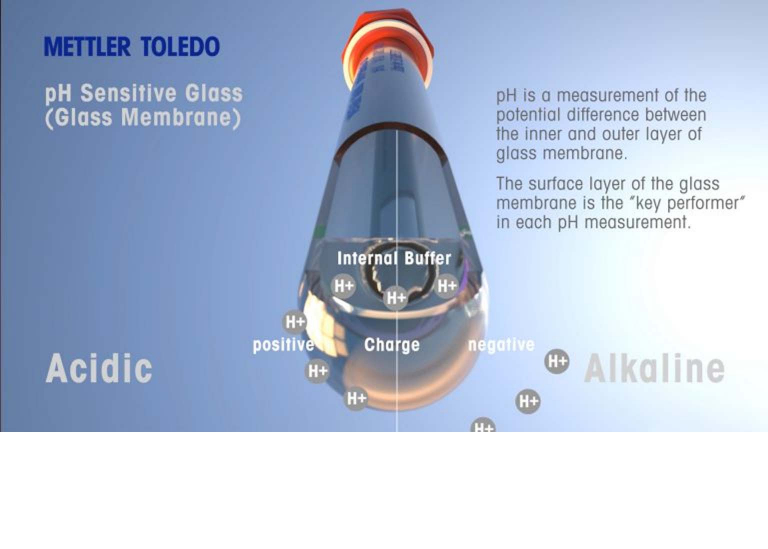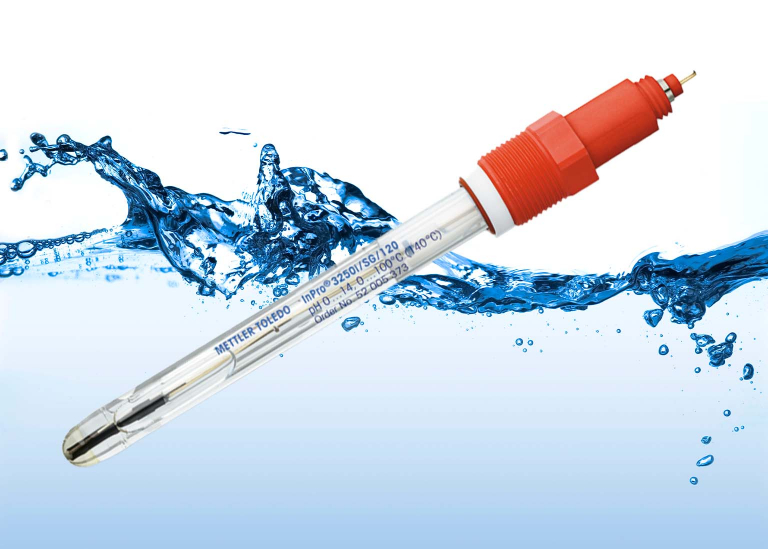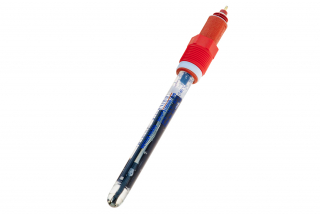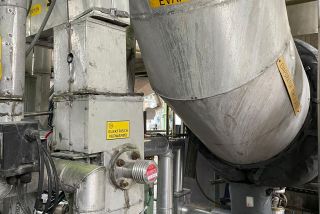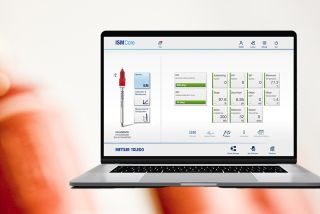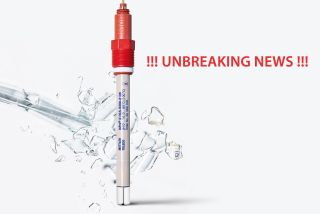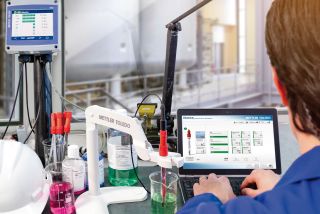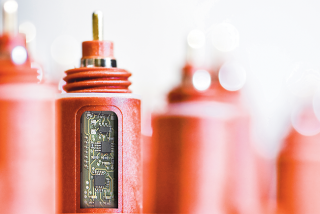
Measuring pH in water for pharmaceutical use
Pharmaceutical water
Water is the key raw material in every pharmaceutical production. The name “water” is a term that covers a lot. Everything starts with drinking water that is purified to the desired quality, such as pure water (PW) or injection water (WFI). Water is also used for purging and cleaning and there is always waste water.
Each type of water must meet a specific quality. Although pH is not always a mandatory quality parameter, it is an important parameter for monitoring the proper functioning of the purification processes. When it comes to water for pharmaceutical use, one thing is certain: it is extremely pure whereby the conductivity is very low.
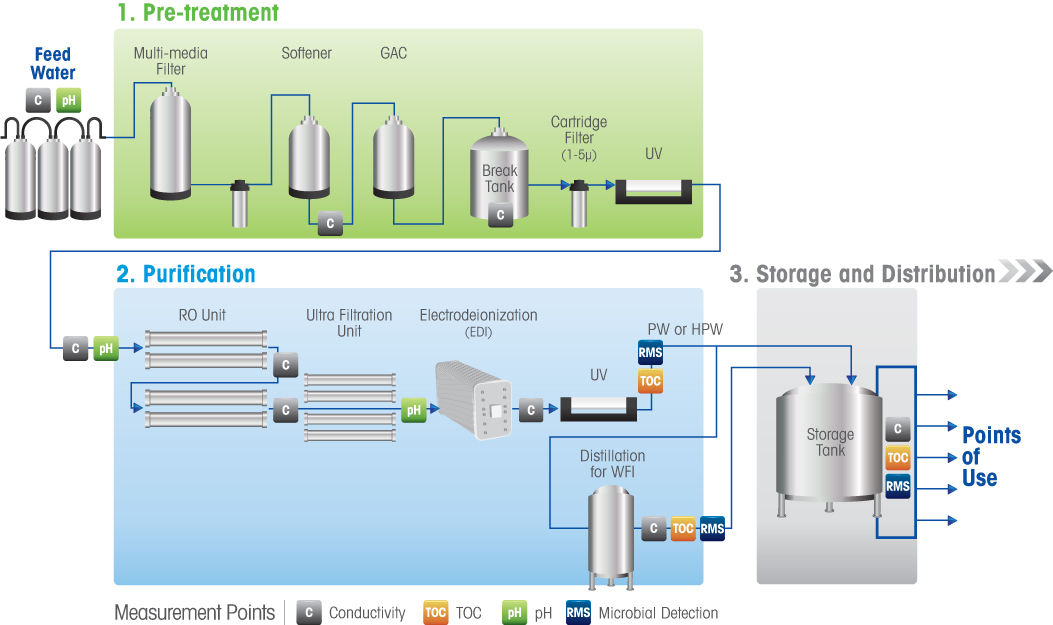
Difficult to measure
It’s kicking down an open door: measuring pH in very pure water is not that simple! But why is that actually?
With a pH electrode you measure the voltage difference between a glass electrode and a reference electrode. The pure water is between both electrodes. This means that the resistance between the electrodes is very high because the conductivity of the water is low. At a given voltage or potential difference (which is directly related to pH) and a high resistance, only a very small electric current flows. This electric current is sensitive to all kinds of interference, from static electricity to electromagnetic waves.
The electrode itself can also cause problems. The reference electrode communicates with the water through a porous diaphragm. On one side of the diaphragm you have water with a very high salt concentration (3M KCl) and on the other side, the water contains no ions. This creates diffusion potential across the diaphragm. This potential is of course picked up by the electrode and co-converted to the measured pH value.
What can be done about it?
The above-mentioned causes ensure that measuring pH in pure water does not always run smoothly. The choice of the electrode is therefore of the utmost importance. Preferably you choose an electrode with a built-in platinum auxiliary electrode or ‘solution ground’ (SG): a kind of lightning conductor. In addition, an electrode with sufficient electrolyte outflow ensures stable measurement results. Of course you must also ensure that the entire installation is properly and correctly earthed.
More information?
